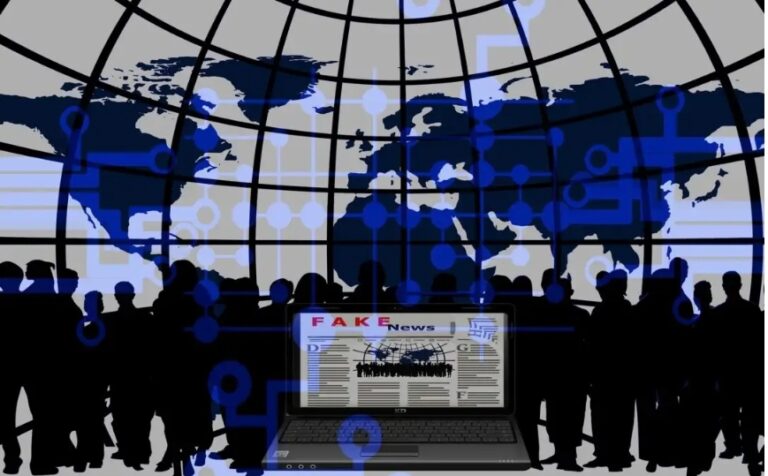Green Book’: A Cinematic Journey Through Friendship and Understanding
The critically-acclaimed 2018 film “Green Book” depicts black pianist Don Shirley’s concert tour of the Midwest and Deep South in 1962. He hires Italian-American Tony “Lip” Vallelonga as his driver and security. Although initially clashing, the two men bond over their musical talents and become close friends. But they face challenges navigating segregated hotels and restaurants on the road trip.
On the surface, “Green Book” tells a story about bridging divides and seeing beyond race through Shirley and Vallelonga’s unlikely friendship. But the film garnered both praise and criticism for its perspective on racism and representation of the two protagonists. Examining the movie’s themes and creative choices reveals deeper insights into America’s struggles with identity, privilege, and belonging.
Tony Lip’s Evolution from Ignorance to Understanding
When Tony initially takes the job driving Don Shirley, he displays casual racism common among white working-class communities in 1962. Tony throws away glasses that blacks had drank from and makes insensitive remarks, unaware of his prejudices. But as the trip continues, Tony develops greater empathy and admiration for Shirley as a person.
Through cabaret singer Don Shirley, Tony gets exposure to a refined intellectual and artistic world outside his narrow experience. Their conversations challenge Tony’s parochial views on race and identity. He comes to better understand the overcoming of adversity required of accomplished black Americans in a system stacked against them.
Dr. Don Shirley – A Man Caught Between Two Worlds
Don Shirley faces marginalization both within white communities and the black working-class. His cultivated accent, education, and wealth make other blacks suspect him as aloof and pretentious. Meanwhile, whites still view Shirley as inferior due to his race, excluding him from their privileged circles despite his erudition and fame.
Shirley travels with his own utensils and glass to avoid the indignities of segregated restaurants. Despite his polite refinements, he cannot escape the stigma of prejudice. His estrangement exemplifies how racism can isolate minorities from full cultural belonging and respect.
Questions on Perspective and Representation
While lauded for advancing racial themes in a feel-good narrative, “Green Book” also faced critique for being a “white savior” perspective told mainly through Tony’s experiences. Shirley’s family criticized the eccentric characterization of the real Don Shirley, saying it failed to capture his dignity and identity.
The film’s portrayals highlight how cultural representations get filtered through the lens of those empowered to shape dominant narratives. “Green Book” reflects Tony’s discover of a world beyond his own far more than conveying Don Shirley’s interiority and full humanity. The film’s victories are Tony’s on a journey of self-improvement as much as about connection across barriers.
The Need for Nuance in Exploring Progress
“Green Book” captured hearts through Tony and Shirley’s unlikely friendship. But their relationship required Shirley tolerating Tony’s microaggressions so that Tony could discover his own assumptions. This raises questions about whose education is centered in narratives of social change.
Yet while criticized forformulaic tropes, the movie also reveals how exposure leads people to challenge prejudices at their own pace. Progress through changing attitudes is an uneven evolution, not a flip switching overnight. “Green Book” portrays these nuances despite flaws in perspective.
Legacy of a Landmark Oscar Winner
For all its debates, “Green Book” brought themes of race, privilege, and bias to mainstream audiences through humor, emotion, and characters that resonated. The film built cultural bridges even while relying on familiar tropes. And its Oscar victory highlighted how much Hollywood, and America, still must grow in diversity and representation.
“Green Book” mirrors the contradictions of America’s ongoing struggles with identity and discrimination. But it also reveals our universal need for connection across perceived differences. Though an imperfect cinematic journey, it reminds us how far we still must travel to reach understanding. If you enjoyed “Green Book”, be sure to check out other green book like movies such as “Driving Miss Daisy” and “The Butler” recommended by reeltip.com for similar thoughtful stories on race relations.



